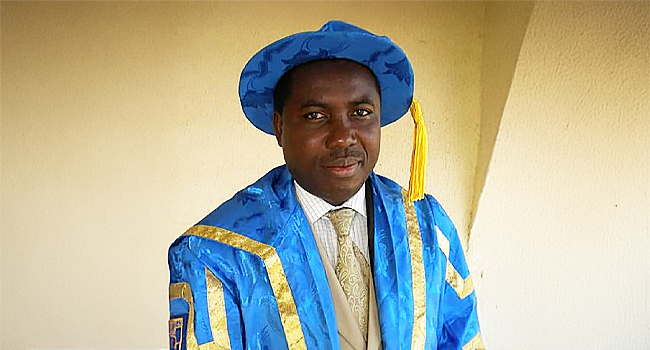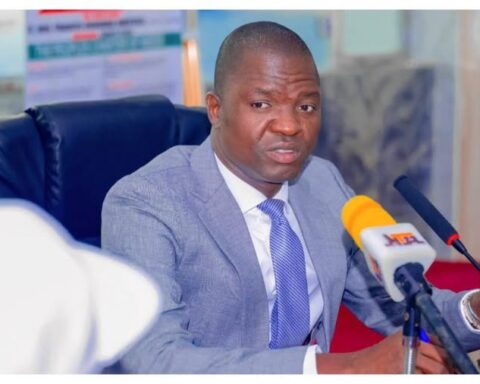As Professor Joash Ojo Amupitan, SAN, awaits confirmation as Chairman of the Independent National Electoral Commission (INEC), various political parties, civil society groups, and public stakeholders have already begun to lay out expectations for his tenure. President Bola Ahmed Tinubu nominated Amupitan to succeed Professor Mahmood Yakubu, whose two-term service ended in October 2025.
The National Council of State unanimously approved the nomination. Next, his name will be forwarded to the Senate for screening and confirmation. Several political parties, civil society organizations, and interest groups have set out expectations for what Amupitan should prioritize, especially with the 2027 general elections looming. Below are some of their calls:
- Credible, Free and Fair Elections Nigerian parties want Amupitan to ensure elections are not only conducted, but seen to be transparent and impartial. They emphasize that past controversies—technical glitches, alleged irregularities, delayed result uploads—must be addressed.
- Independence of INEC One repeated demand is that the new Chairman must not act as an instrument of any political party or the presidency, but must act independently and in the interest of Nigerians.
- Public Trust and Transparency Given that public confidence in INEC has reportedly declined, stakeholders want Amupitan to take steps to restore trust—through openness, good communication, transparency in processes (e.g. results, voter accreditation, use of technology).
- Electoral Reform and Legal Frameworks Some groups are pushing for updates to the Electoral Act or other electoral legislation, to close gaps that have allowed irregularities or procedural loopholes.
- Inclusive and Merit-Based Appointment The fact that Amupitan is from Kogi State (North-Central geopolitical zone) is being lauded as a step towards more balanced national representation. Stakeholders hope his appointment signals commitment to inclusiveness. While expectations are high, there are some hurdles Amupitan is likely to face: Overcoming skepticism built by past election glitches (e.g. BVAS, IReV, etc.), among voters and opposition parties.
Ensuring logistical readiness and technological capacity, especially in remote areas. Balancing demands of multiple stakeholders—political parties, civil society, electorate—often with conflicting interests. Preserving institutional resources and autonomy to act without undue political interference. Once confirmed by the Senate, Amupitan will begin assuming leadership responsibilities. It is expected that he will address the issues raised by these groups, especially in preparation for the 2027 general election—updating, strengthening, and possibly reforming electoral laws, improving trust, and ensuring capacity. Close monitoring by civil society and the media will likely accompany his early decisions.
Follow us on all social media platforms @dailyquery for news and analyses around the globe.



























